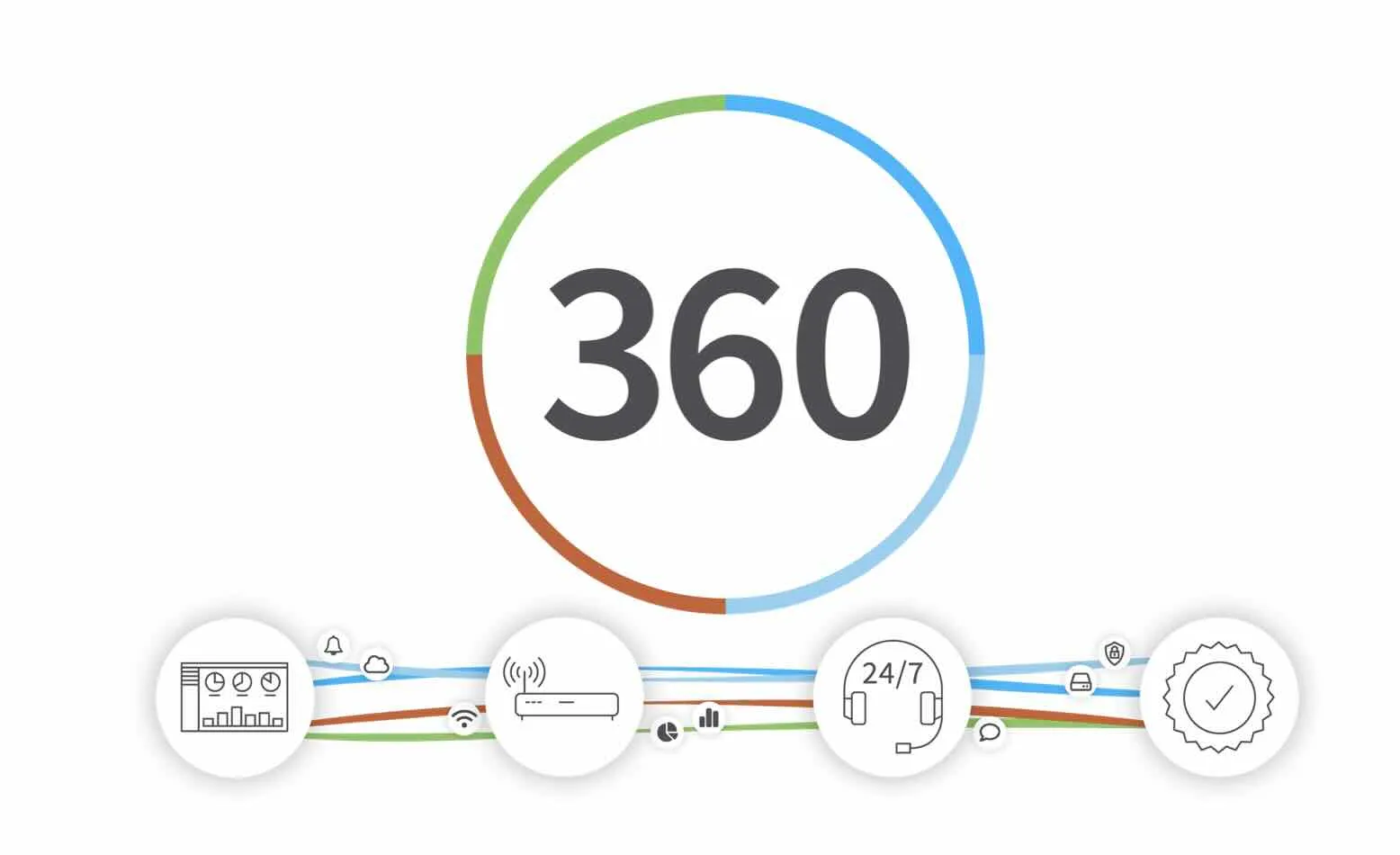How to Build and Maintain a Good Credit Score in College
Written by Ernesto Gomez · August 25, 2025 · 4 min read

How to Build and Maintain a Good Credit Score in College
Depending on one’s spending habits, their past history of paying back debts and use of their finances, we get a credit score. It is a prediction of your credit behavior, such as how likely you are to pay a loan back on time, based on all the previous information. Credit score can determine whether you are offered a mortgage, a credit card, and other credit products.
College is, unfortunately, when we are most vulnerable to changes in our credit score, mainly because said credit score can impact your ability to obtain student loans and may even affect your ability to rent apartments. Building and maintaining a good credit score is a key step towards having a solid financial foundation for the future, especially as a college student.
How do you maintain good credit?
While there is no secret formula to maintaining a strong credit score, there are, nonetheless, a few guidelines that can help you achieve your desired result. But do keep in mind that you need to talk with a financial advisor in the case that your financial situation is especially vulnerable.
Pay your loans and bills on time, every time. By managing your financial habits, like the punctuality of your payments, you can positively increase your credit score. If you’ve missed payments, get current and do your best to stay current as much as you can. Most credit scores consider payment and repayment history, so it is best to stay atop it so that your credit score remains strong. If you don’t pay your bills on time, even if it's something simple and small, then you could be reported to credit bureaus. As a college student, you’ll need to pay these types of bills on time to avoid a drop in your credit score.
Don’t get close to your credit limit. Because of the limited credit history that a lot of students have to deal with, it is advised that a student try not to get close to their credit limit. Most credit scoring models look at how close you are to “maxing out” your credit. Keep your balances low compared to your total credit, but don’t let this form of financial anxiety keep you from enjoying small luxuries here and there, you are only human after all. Paying off the balance in full each month helps get you the best scores and keeps your interest costs as low as possible.
How do you build good credit?

A lot of the advice from the previous section can also be applied here. As for how exactly you build good credit and how it's important, the answers vary wildly.
One of the things you can do is open a credit-builder loan. This is a type of installment loan that can help you establish a positive payment history over a short period of time. You can begin to build your credit score by responsibly using credit cards as well, which is often crucial for future financial activities. When you take out a credit-builder loan, however, you don’t receive the money right away, instead, the lender sets aside the loan amount. You then pay monthly installments, including principal and interest until you complete the repayment, which usually ranges from six to 24 months, but it depends. Once you complete your term, you’ll receive the loan proceeds however you wish. Do take your working status into consideration, for if you are a part-time worker, then you might want to request a lower amount in your loan. And make sure your lender reports your loan payments to all three consumer credit bureaus to help your credit across the board.
Becoming an adult means knowing what you borrow; being hyper-aware of what you borrow. Student loans for your education are dangerous if handled without care, so you must always keep track of what you’re borrowing. You will have to pay it back at some point, maybe not right now but definitely later. Something you can also do is keep your credit utilization low.
Conclusion
A good credit score can help you access better borrowing terms and lower interest rates, but it also brings benefits such as lower insurance rates, more housing options and access to the best credit card rewards. Banks use FICO scores to track such credit scores, and you can always check it out by using the tools at your disposal.
It is never too late to start, and college, while stressful in academic ways, does not necessarily have to be stressful in other ways. Working with a credit union can make payments more manageable, and credit unions also offer more exceptions, taking your circumstances into account when running into trouble, aiming to support their members.
Don’t be afraid, inform yourself, and you will find yourself with enough financial literacy to be secure throughout your college journey and pay whatever loans you need to take after it's all over. Improvisation in this specific scenario is a really dangerous game to play.
It's all about planning things well and knowing what risks to take.



